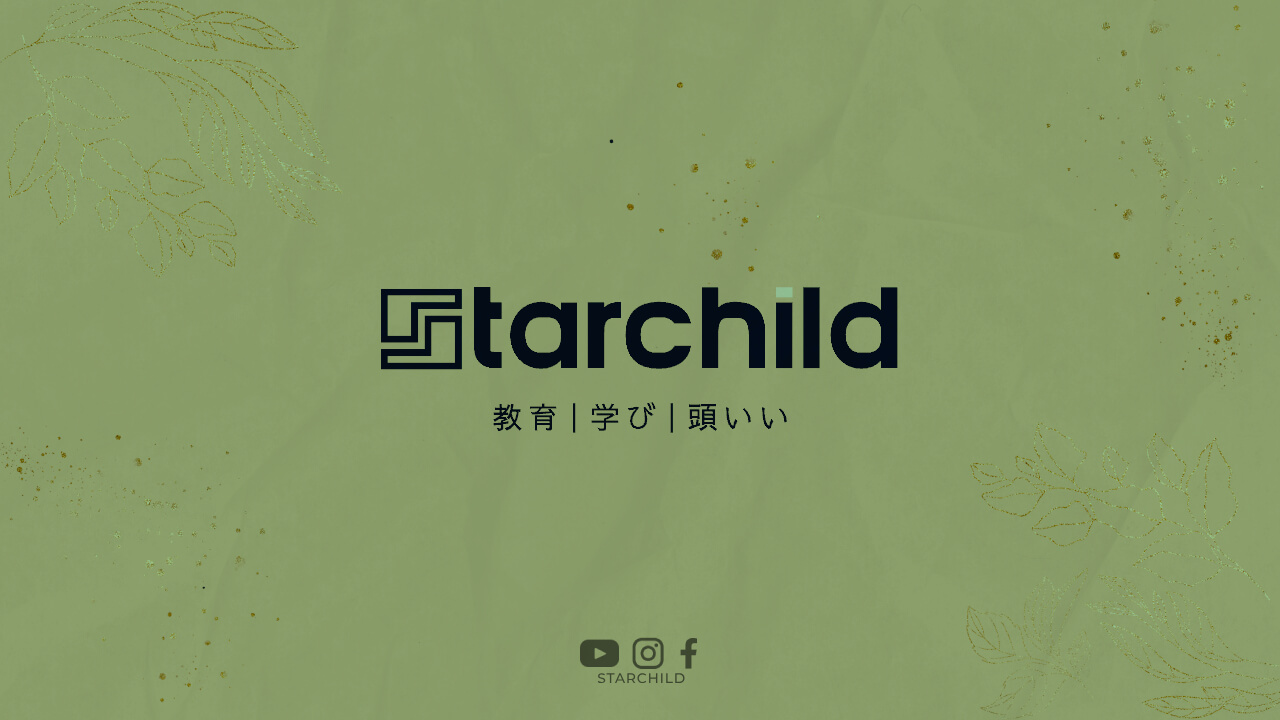When living and working in Japan, it’s not uncommon to hear the phrases 「お休みさせて頂きます」or「休ませて頂き」. These phrases translate to “I will take a break” or “I will be resting,” and they are often used when requesting time off from work or other obligations. In this article, we will explore the meaning behind these phrases and their significance in Japanese culture.
Understanding the Importance of Rest
In Japan, there is a strong emphasis on hard work and dedication. This is evident in the long working hours and intense work culture prevalent in many industries. However, despite this emphasis on productivity, rest and relaxation are also highly valued in Japanese culture.
It is believed that taking breaks and allowing oneself to rest is essential for maintaining good health and well-being. In fact, many companies in Japan have implemented policies to encourage employees to take breaks and prioritize their health.
Using 「お休みさせて頂きます」or「休ませて頂き」in Practice
When requesting time off in Japan, it is common to use the phrases 「お休みさせて頂きます」or「休ませて頂き」. These phrases are considered polite and formal, and are often used in professional settings such as the workplace.
When requesting time off, it is important to give as much notice as possible and to provide a clear reason for the requested time off. This helps to show respect for the other person’s time and priorities, and ensures that the request is taken seriously.
Using the Phrases in Casual Settings
While these phrases are often used in professional settings, they can also be used in casual settings among friends and family. For example, if someone is feeling tired or unwell, they may say 「今日は休ませて頂きます」(I’ll be taking a break today).
Using these phrases in casual settings can help to show consideration for others and their needs, while also expressing one’s own need for rest and relaxation.
Other Ways to Express Rest and Relaxation
While 「お休みさせて頂きます」or「休ませて頂き」are common phrases for expressing the need for rest and relaxation, there are also other ways to convey this message.
For example, the phrase 「疲れた」(I’m tired) can be used to express the need for rest, while 「ゆっくりする」(I’m going to take it easy) conveys the intention to relax and take a break.
The Significance of Rest in Japanese Culture
Overall, rest and relaxation are highly valued in Japanese culture. Taking breaks and prioritizing one’s health and well-being is considered essential for maintaining a healthy work-life balance and overall happiness.
By using phrases such as 「お休みさせて頂きます」or「休ませて頂き」, individuals can show respect for others while also expressing their own need for rest and relaxation. This helps to create a positive and supportive work and social environment, where everyone’s well-being is prioritized.
Conclusion
In conclusion, 「お休みさせて頂きます」or「休ませて頂き」are important phrases in Japanese culture for expressing the need for rest and relaxation. These phrases are used in professional and casual settings alike, and are considered polite and formal.
By valuing rest and relaxation, individuals can prioritize their health and well-being, while also contributing to a positive and supportive work and social environment. So, next time you need a break, remember to use these phrases and take some time for yourself!




